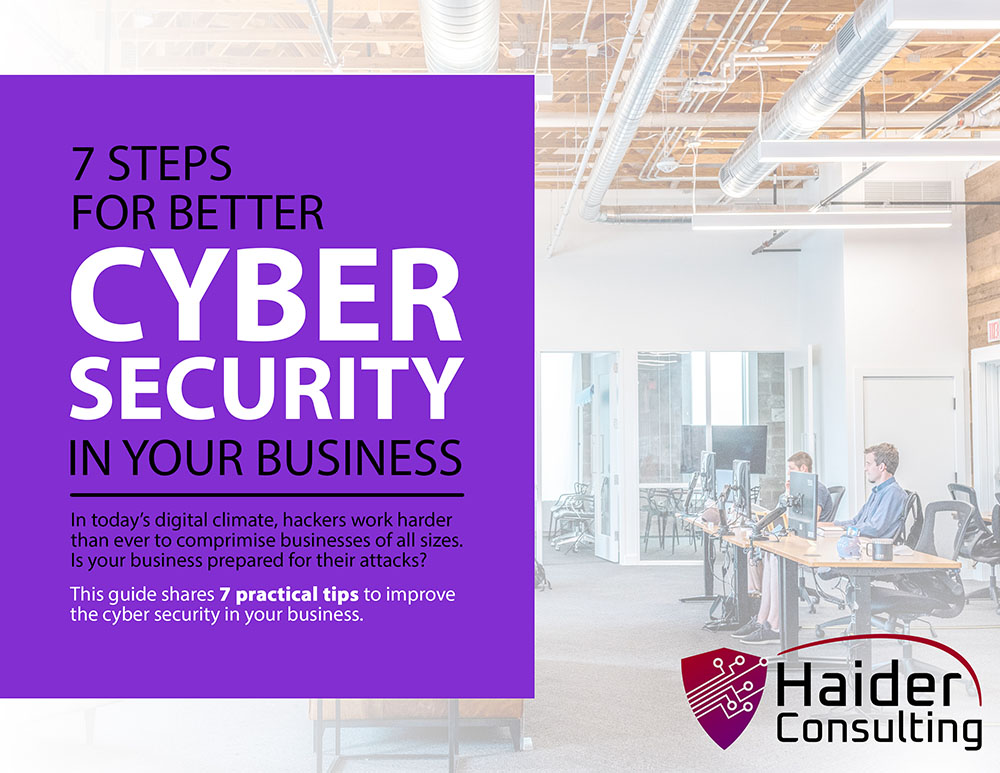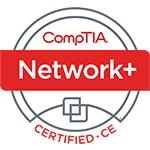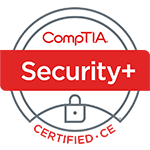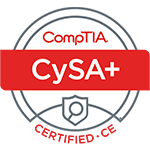When it happens, it feels like there’s nothing you can do. You receive a notification from a company that hackers compromised your data in a breach. Sadly, this is becoming more common.
Data breaches affect banks, online platforms like Facebook, e-commerce sites, and even governments. And unfortunately, this often exposes sensitive information such as your address, Social Security number, and credit card details, to potential thieves.
While you can’t control whether a company gets hacked, you can take steps to protect yourself afterward. Below, we’ve listed the most important actions to take. These can help you minimize any financial damage.
Change Your Passwords
First, change your passwords. Start with the password for the service that notified you of the breach. Then, change any other accounts that use the same password.
It’s best to have a different password for each site. Many people use the same password everywhere, which puts multiple accounts at risk if hackers breach even one. Consider using a password manager. This tool creates strong passwords for you, and you only need to remember one main password to access them all.
Enable Multifactor Authentication (MFA)
Multifactor authentication (MFA) can protect your accounts even if someone has your password. Turn on MFA for any breached accounts and, where possible, for your other accounts too. Companies sometimes call this two-factor authentication or two-step verification.
MFA can include:
- Text messages
- Authentication apps
- Security keys
Check Your Bank Accounts
If they compromised your payment information, monitor your bank accounts closely for any unauthorized charges over the next several weeks. Alert your bank about the breach and ask for a new card if necessary.
Inform your bank about the third-party data breach. This can prevent you from being liable for any fraudulent charges. Getting ahead of the issue allows your bank to take steps to secure your account.
Freeze Your Credit
Cybercriminals often sell stolen personal details to others who use them to open credit accounts in your name. To prevent this, contact the three major credit agencies to freeze your credit. This stops anyone from taking out credit in your name, and you can do it directly on their websites.
The three credit agencies are:
- Equifax
- Experian
- TransUnion
Carefully Review the Breach Notification
Understanding the specifics of a data breach is crucial. Carefully read the breach notification you received and check the company’s website for updates.
Look for this information:
- The type of data exposed (such as passwords or credit card numbers)
- Any compensation the company is offering (like free credit monitoring)
- Steps you should take to secure your account
Keep an eye on the company’s website for updates. Though they may not know the full extent of a breach immediately, additional information about exposed data could emerge later.
Get Good Cybersecurity Protections
Ensure your devices and network are secure. Here are some effective tools to enhance your personal device security:
- Reliable antivirus and anti-malware software
- DNS filtering to prevent access to malicious websites
- Email spam filters to catch phishing attempts
Consider using a VPN, especially on public Wi-Fi, to secure your internet traffic. VPNs are simple to set up on both computers and mobile devices.
Be on the Lookout for Phishing Scams
If hackers compromised your email in a data breach, you might see more phishing attempts. These scams can be very deceptive, often using sophisticated techniques to mimic legitimate sources.
Stay vigilant by following these precautions:
- Hover over links to preview their actual URL.
- Access websites by typing their address directly into your browser instead of clicking on links in emails or texts.
- Be cautious with messages from unknown senders.
- Look out for phishing attempts on social media and in text messages.
- Verify any suspicious communication by contacting the official entity directly.
Update Your Software & Systems
Hackers target weaknesses in outdated software. It’s crucial to keep your operating systems, apps, routers, printers, and smart devices updated to close these security gaps. Since updates are frequent and numerous, setting them to update automatically can help maintain security without constant manual effort.
Get Reliable Managed Security Services
Managed security services can safeguard your devices both at work and at home. If you’re looking to enhance your device security and need some guidance, we’re here to help.
Contact us to discuss how our services can keep your devices secure. Let’s set up a time to talk about your security needs.
Book My 17-Minute Call





